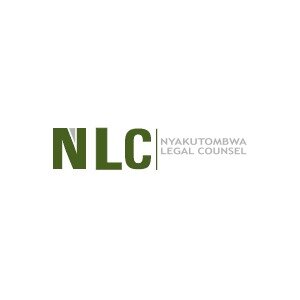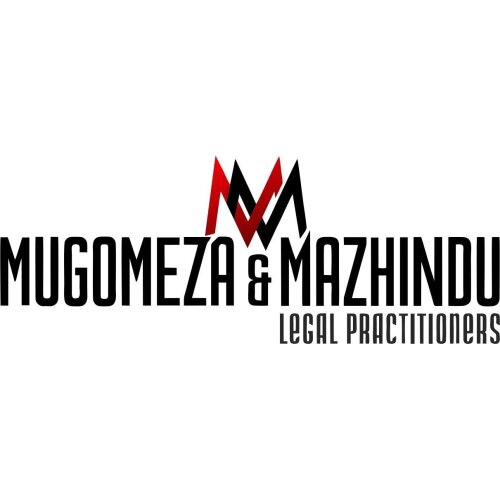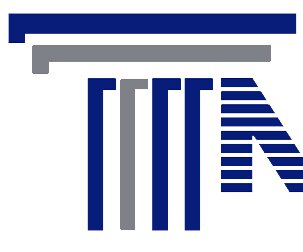Best Art & Cultural Property Law Lawyers in Zimbabwe
Share your needs with us, get contacted by law firms.
Free. Takes 2 min.
Or refine your search by selecting a city:
List of the best lawyers in Zimbabwe
About Art & Cultural Property Law in Zimbabwe
Art & Cultural Property Law in Zimbabwe encompasses legal provisions that govern the protection, ownership, trade, and preservation of artifacts and cultural heritage. The law serves to safeguard the country's rich cultural heritage, which includes traditional art, archaeological sites, and historical monuments. It aims to balance the interests of private collectors, the government, indigenous communities, and other stakeholders to ensure that Zimbabwe's cultural legacy is preserved for future generations. This area of law intersects with international conventions like UNESCO’s Convention on the Means of Prohibiting and Preventing the Illicit Import, Export, and Transfer of Ownership of Cultural Property.
Why You May Need a Lawyer
Individuals and organizations may require legal assistance in Art & Cultural Property Law for various reasons. Some common situations include:
- Disputes over the ownership or provenance of art and cultural artifacts.
- Assistance in compliance with laws regulating the export or import of cultural property.
- Legal advice on the sale and purchase of art and cultural objects.
- Negotiating agreements for the exhibition or loan of artworks.
- Protection of intellectual property rights associated with artistic works.
- Cases involving the repatriation of cultural items to their place of origin.
- Advice on investments in cultural heritage projects and related financial incentives.
Local Laws Overview
Zimbabwe's legal framework concerning Art & Cultural Property includes several key pieces of legislation:
- National Museums and Monuments Act: Establishes guidelines for the protection and management of national monuments and antiquities.
- The Copyright and Neighbouring Rights Act: Addresses issues relating to the intellectual property rights of artists and creators.
- Heritage Act: Focuses on preserving and managing cultural and natural heritage, facilitating cultural exchanges and repatriation processes.
- Customs and Excise Act: Regulates the import and export of cultural property to prevent illicit trade.
These statutes collectively ensure that Zimbabwe's cultural property is safeguarded while allowing for rightful ownership and economic utilization.
Frequently Asked Questions
What constitutes cultural property in Zimbabwe?
Cultural property in Zimbabwe includes artifacts, artworks, historical sites, and other items of cultural significance that are deemed important for their cultural, historical, or archaeological value.
Who owns cultural property in Zimbabwe?
Ownership can vary and may include government entities, private individuals, communities, and institutions, depending on the nature and provenance of the property.
Are there restrictions on exporting art from Zimbabwe?
Yes, exporting art and cultural property from Zimbabwe often requires permission from relevant authorities to ensure compliance with local laws and international agreements.
How can I prove ownership of a cultural artifact?
Proof of ownership typically involves documentation such as purchase receipts, provenance records, and, if applicable, export permits or registration with the National Museums and Monuments of Zimbabwe.
What is the process for repatriating cultural property to Zimbabwe?
The process involves negotiations between governments, and potentially affected parties, typically guided by international conventions and local laws aimed at reclaiming cultural heritage.
How does Zimbabwe protect intellectual property rights in art?
The protection is primarily through the Copyright and Neighbouring Rights Act, which secures artists' rights over their creations and ensures they receive due recognition and financial benefits.
What legal measures exist to prevent illegal trade in cultural property?
Zimbabwe enforces laws through the Customs and Excise Act and other regulations, in conjunction with international legal instruments like the 1970 UNESCO Convention.
Can cultural property be used as collateral for loans in Zimbabwe?
Yes, but it's subject to specific regulatory guidelines ensuring the protection of cultural heritage and the compliance with tax and heritage laws.
How can artists protect their works legally?
Artists can register their works under the Copyright and Neighbouring Rights Act to safeguard their intellectual property rights and can also pursue civil remedies in cases of infringement.
Where can I find legal assistance for art and cultural property issues?
Legal assistance can be sought from specialized lawyers or firms experienced in Art & Cultural Property Law within Zimbabwe.
Additional Resources
Here are some resources and organizations that can offer further assistance or information:
- National Museums and Monuments of Zimbabwe: Responsible for the preservation and promotion of the country's cultural heritage.
- Zimbabwe Intellectual Property Office: Provides guidance on intellectual property matters, including copyrights for art.
- The Ministry of Youth, Sport, Arts and Recreation: Oversees cultural policy and development initiatives.
- UNESCO National Office: Facilitates international cooperation and offers resources on cultural heritage protection.
Next Steps
If you are seeking legal advice or representation in Art & Cultural Property Law in Zimbabwe, consider taking the following steps:
- Identify and consult with lawyers or law firms specializing in cultural property matters in Zimbabwe.
- Gather all relevant documents and information related to your case, including property provenance, contracts, and previous correspondence.
- Understand the regulatory frameworks applicable to your situation by reviewing relevant legislation and contacting governmental bodies if necessary.
- Explore mediation or alternative dispute resolution mechanisms if the issue involves a conflict that may benefit from negotiated agreements.
Lawzana helps you find the best lawyers and law firms in Zimbabwe through a curated and pre-screened list of qualified legal professionals. Our platform offers rankings and detailed profiles of attorneys and law firms, allowing you to compare based on practice areas, including Art & Cultural Property Law, experience, and client feedback.
Each profile includes a description of the firm's areas of practice, client reviews, team members and partners, year of establishment, spoken languages, office locations, contact information, social media presence, and any published articles or resources. Most firms on our platform speak English and are experienced in both local and international legal matters.
Get a quote from top-rated law firms in Zimbabwe — quickly, securely, and without unnecessary hassle.
Disclaimer:
The information provided on this page is for general informational purposes only and does not constitute legal advice. While we strive to ensure the accuracy and relevance of the content, legal information may change over time, and interpretations of the law can vary. You should always consult with a qualified legal professional for advice specific to your situation.
We disclaim all liability for actions taken or not taken based on the content of this page. If you believe any information is incorrect or outdated, please contact us, and we will review and update it where appropriate.
Browse art & cultural property law law firms by city in Zimbabwe
Refine your search by selecting a city.















